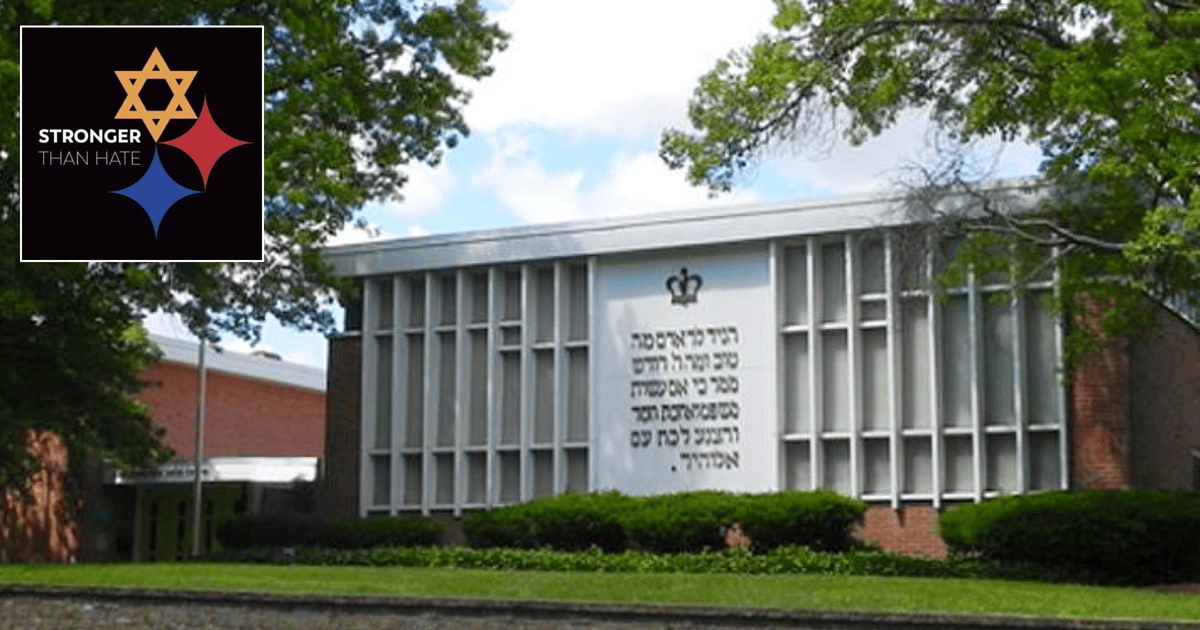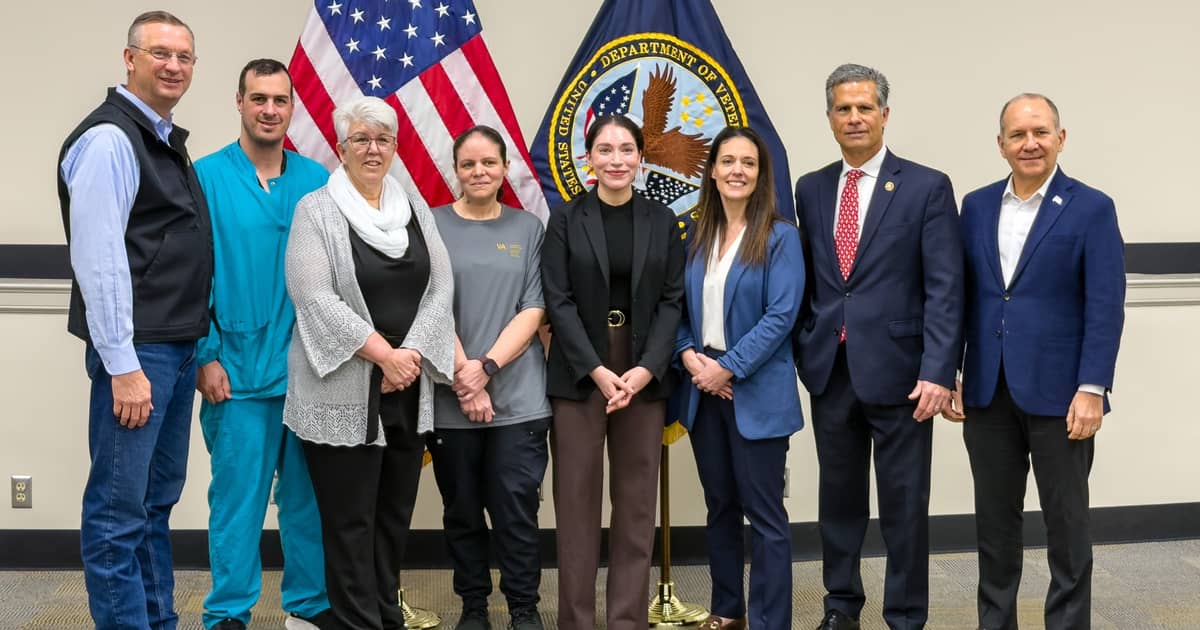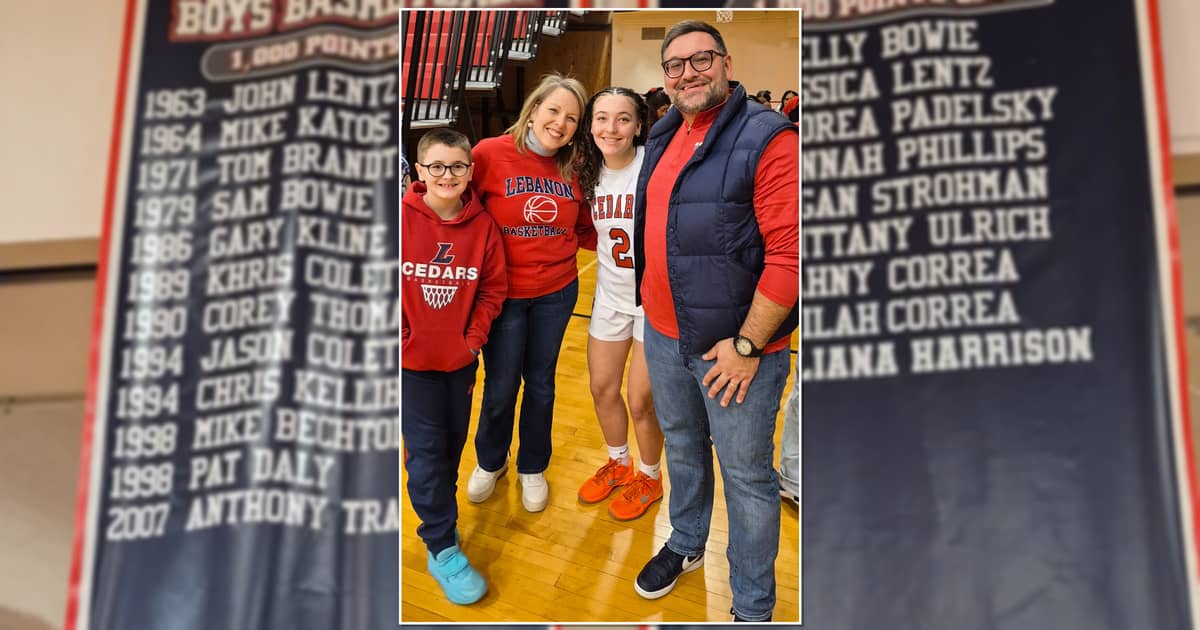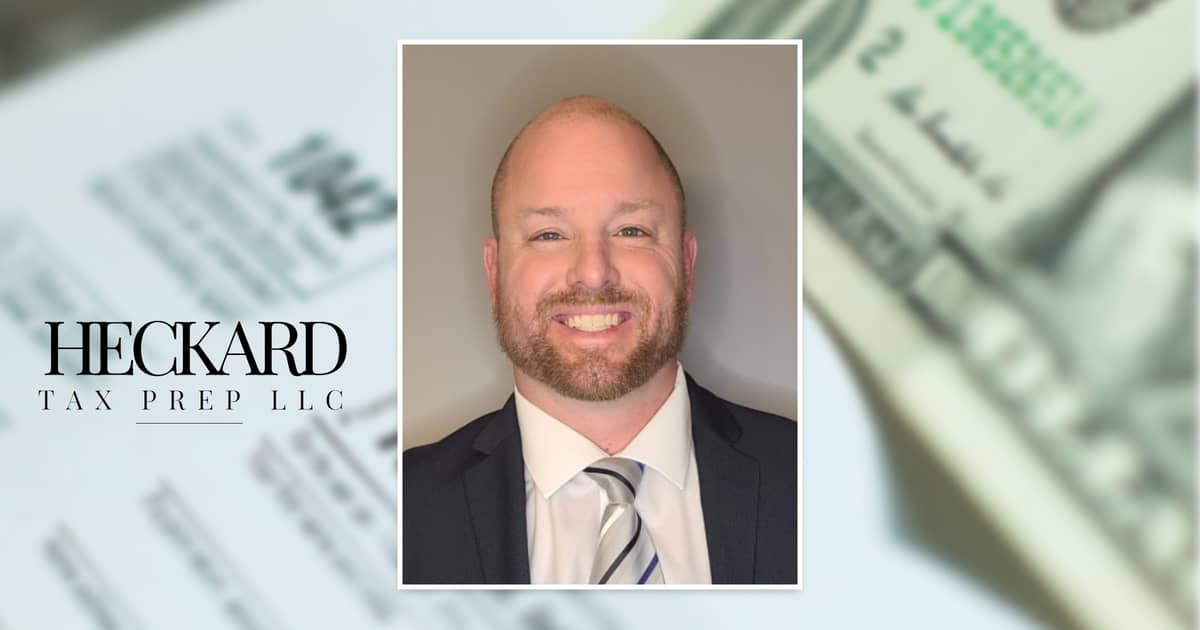Lebanon synagogue Congregation Beth Israel, located at 411 South 8th Street, will open its Friday night services to the general public. Services begin at 7:30pm.
The prayer service will be a Shabbat service but it will be more ecumenical than usual in bringing together people after this tragedy (meaning that lay people or people of other faith’s should find the service more accessible than the usual predominantly Hebrew offering).
Congregation Beth Israel will also be inviting speakers from the community to read prayers and be voices of peace for the town.
“We want to send a strong message against hate, wherever it is, and we want to include the larger community in that message, and it’s important to us to have a brotherhood of faith to confront extremism,” said Rabbi Sam Yolen in a phone interview.
For more information, call the synagogue’s office at (717) 273-2669.
Update: Here is a letter Rabbi Sam Yolen wrote in response to this weekend’s events.
The Elusive Silver Lining to Pittsburgh – A Rabbi’s Thoughts on the Tree of Life Shooting
When the story of another domestic terror attack broke this past Saturday morning, I was unprepared for the correct way to publicly grieve. Grief, for anyone who studied it, is non-linear. It doesn’t comport to lines of progress. It never gets defeated. It will never eventually be OK. And still, we hope that the burden of grief can be dispensed onto the myriad relationships we foster built on love. Love between people can make the process easier to go through, it can give purpose to despair, and it can create an atmosphere conducive to healing. It’s our highest hope that this community in Lebanon can alleviate the weight of hate crimes and ward off fear, with affection, understanding and spiritual inclusion.
At our congregation’s Sunday morning prayer service, just like the High Priest Aaron upon the death of his sons Nadav and Abihu, we were silent. Tragedy has a way of sealing one’s mouth shut, as if to say, “I am not ready to process this event yet.” Yet, the book of Ecclesiastes states, “there’s a time to be silent, and a time to speak.” And so, with our period of raw grief nearing a close, we acknowledge that the time to speak is upon us. There’s no better place to address crisis than through the lens of holiness. There’s no better time for inclusion than Shabbat.
I am moved to open our community’s Shabbat services with the greater city of Lebanon for the purpose of healing. Our town’s inter-faith community has endeared me to them through compassion and empathy, and I wish to extend to them the greatest joy I can muster: let’s celebrate an ecumenical Shabbat service together this Friday night. Together we can denounce hate and generate a much-needed message of unity to the world.
There are two biblical commandments related to Shabbat: in Hebrew they are “Shamor” and “Zakhor.” Shamor means “to guard” Shabbat, and zakhor means “to remember” Shabbat. If the events of last Saturday have taught us anything, it’s “to guard” ourselves and “to remember” that our spiritual world depends on us. As we seek to heal on our God-given Shabbat, we look to each other to stand up for a world where peace and justice operate in real time.
We may never be able to understand the grieving process, but we can be there for each other in searching for its meaning.
Rabbi Sam Yolen
























